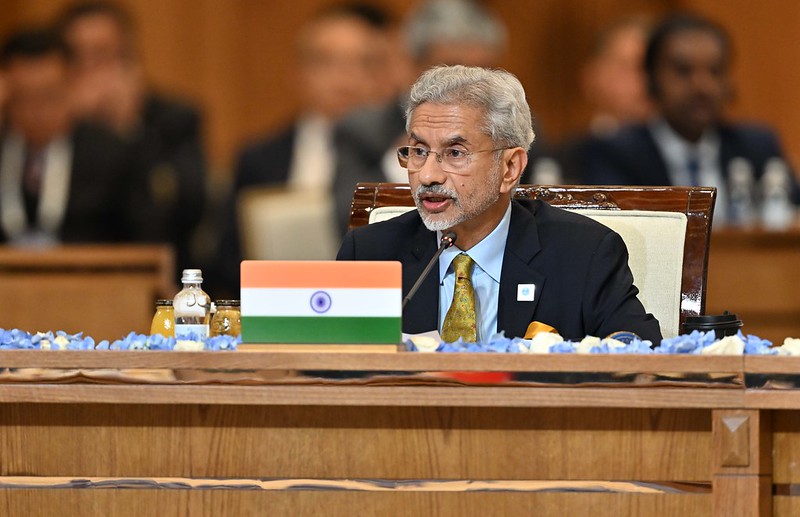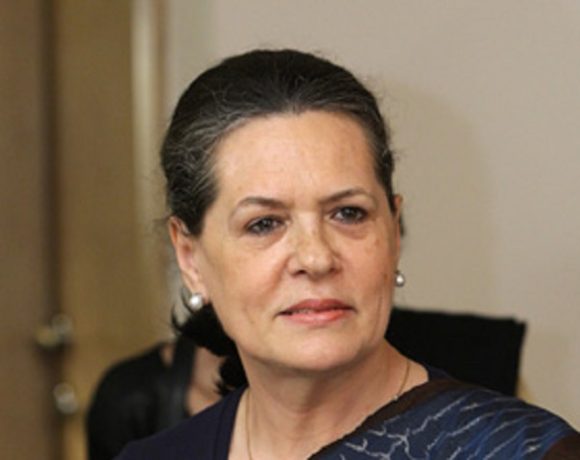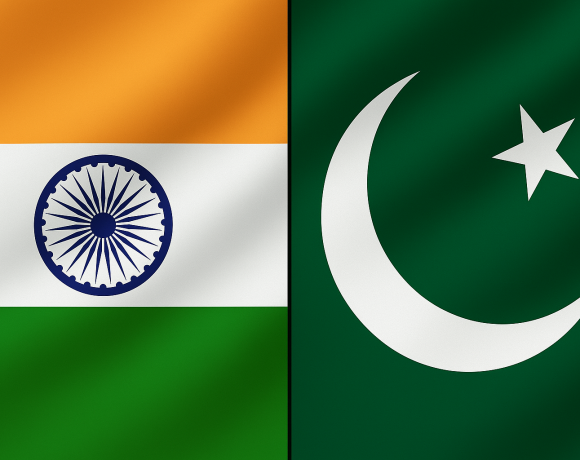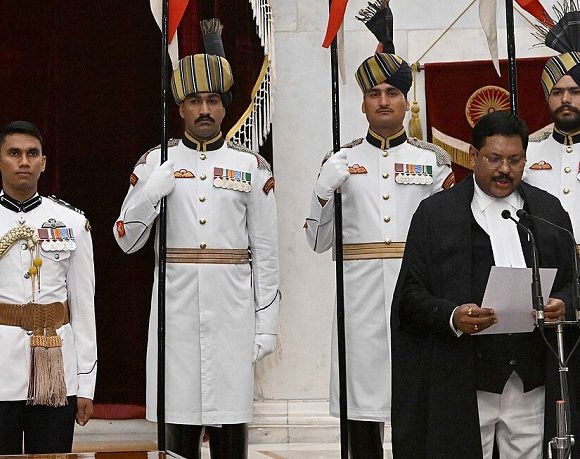
Jaishankar: India Responded to Terror, Not Engaged in Conflict
In a firm clarification of India’s position following Operation Sindoor, External Affairs Minister Dr. S. Jaishankar has rejected the notion that the military action constituted a conflict with Pakistan. He made it clear that India’s actions were a response to terrorism, not a bilateral war.
India-Pakistan Relations Clarified
Speaking at an international forum, Dr. Jaishankar stated, “What we were responding to was terrorism… our campaign is against terrorism.” He emphasized that calling the situation a “conflict” creates a false equivalence between a sovereign nation defending its citizens and a state that has long used terrorism as an instrument of policy. He further explained that the international community should recognize this distinction to avoid legitimizing the actions of a terrorist-sponsoring regime.
Jaishankar’s remarks are part of a broader effort to counter global narratives that seek to portray India and Pakistan as equal stakeholders in a conflict, rather than recognizing India’s actions as defensive and retaliatory against terrorism.
Operation Sindoor: A Focused Response
Operation Sindoor was India’s swift military response to the Pahalgam terror attack in which 26 Indian tourists were brutally killed. In a matter of days, India identified and neutralized terrorist infrastructure deep inside Pakistani territory. The operation was conducted with surgical precision, minimizing collateral damage and strictly targeting terrorist facilities.
Dr. Jaishankar reinforced that India’s objective was not to escalate tensions with Pakistan but to deliver a clear message that acts of terror will be met with decisive action. He maintained that such missions should not be confused with warfare, as their scope and intent are narrowly defined by counter-terror imperatives.
Strategic Shift in Counter-Terrorism
India’s approach, as outlined by Jaishankar, marks a significant evolution in counter-terrorism policy. The focus is on targeted elimination of threats without dragging the country into prolonged military engagements. “We cannot allow terrorism to become a normal condition in which diplomacy is conducted,” he remarked.
This doctrine of proactive deterrence reflects a matured national security strategy. Rather than relying on backchannel negotiations or international mediation, India has demonstrated the capability and political will to respond to terrorism on its own terms.
India’s firm articulation of this position sends a message not just to Pakistan, but also to global powers that have historically advocated “dialogue” without acknowledging the asymmetric threat posed by state-sponsored terror.


















